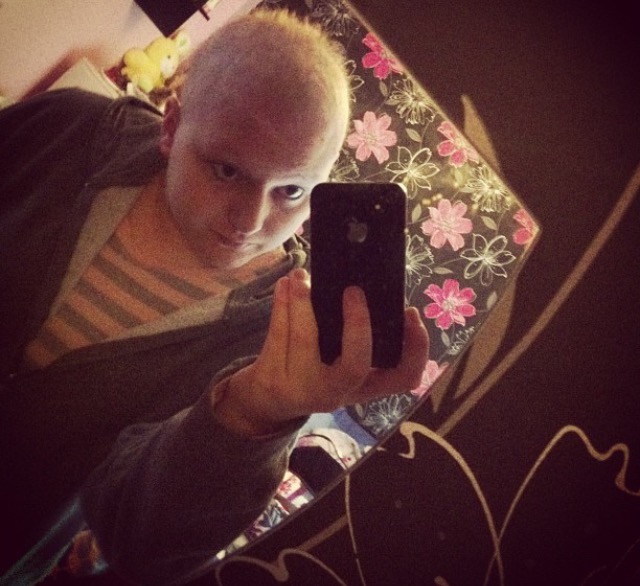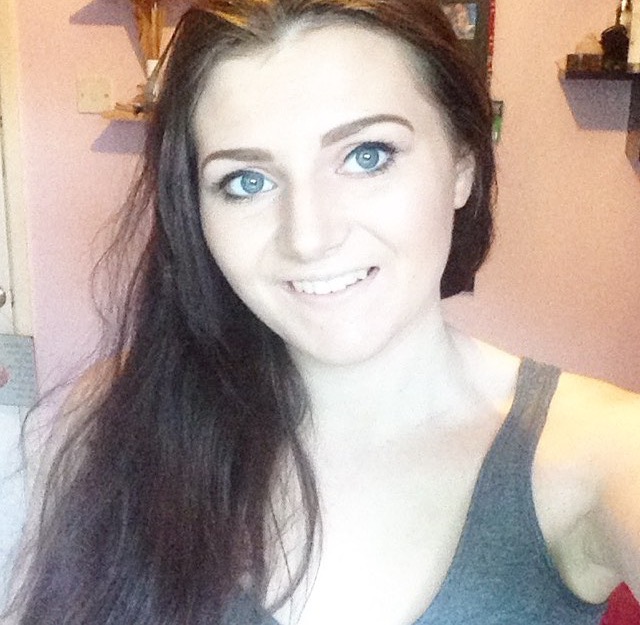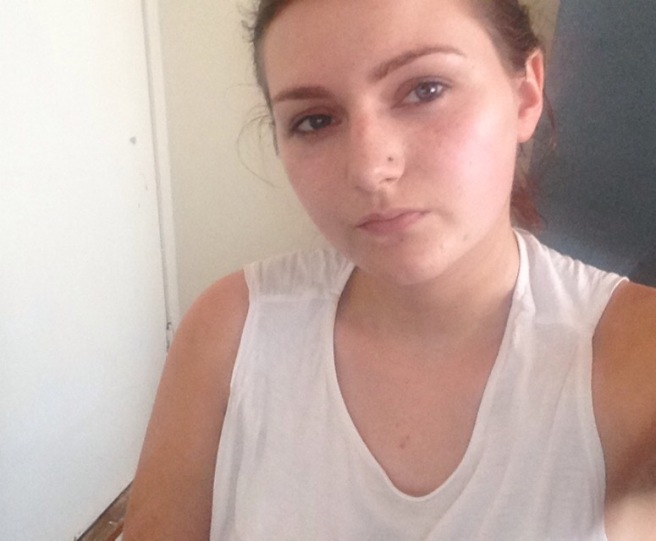"I’d like to start off this post by saying that I think I’ve realised why my blogging and writing has become more and more sporadic. I used to think that this was because I didn’t need to use it as a crutch as much, but now I realise that it’s actually the complete opposite. I write when I’m okay, and pull myself away from it when I am not. Maybe this is because I find happiness in writing, and when I’m far from okay, I don’t feel like I deserve to be around things that make me happy. I hide myself away from the world and distance myself from the people I love. I do it consciously, and that is horribly selfish of me, but it’s how I cope when I’m not coping. It might not make sense to you, but it doesn’t have to. It’s how I get myself through the day without falling over the edge, so I can’t be apologetic for that. Mental health is a problem I still suffer with a lot, I don’t know if I’ll ever get an escape from it, so for now I’m just ‘living’ with it. So please continue to be understanding of my slightly messed up head, and know I’m grateful for all of you.
That actually ties into quite nicely to what I want to discuss in this blogpost. Mental health is an invisible illness, and often, so are a lot of physical illnesses. To the average person, you look fine. No-one would know that you’re any different to everyone else, when in reality that isn’t the case.
When I was on treatment in 2012, it would not have taken a genius to work out what was wrong with me. I was overweight, bald and reliant on crutches. I looked like a typical cancer patient:

It was not a secret that I was seriously ill. My physical appearance left it almost impossible for it to be kept as a secret. I looked, and was, very unwell.
While my cancer is now ‘in remission’, and not growing, I am still unwell. I have been left with damaging and life changing side effects. My body is severely weakened, so I am essentially really unfit. I have tried to change this by going to the gym and stuff, but this just made other side effects flare up. So I live in an unfit, unchangeable body that I don’t want. Physio has helped slightly, and it may continue to get better, but there are no guarantees. I remain optimistic for a release.
I also have chronic pain in my joints, meaning often my hips or knees suddenly get severely painful and there’s not much I can do to change that. I just live with it. This is a life changing problem. It has meant in a lot of respects that my partner has become my carer as well as my boyfriend. If I’m in pain, or exhausted, he will have to wash my hair for me, and sometimes lift me out the bath. It has been so painful before that he has had to help me stand up off the toilet. (Sorry for sharing that embarrassing moment with the world, Jordan). I’d be lying if I said this hasn’t been a strain on our relationship. But to the outside world, we’re a happy young couple enjoying our lives and very much in love.
It’s also because of this that I can’t stand up on the bus, because the movement of the bus causes too much strain on my joints. And I hate that I was once confronted on a busy bus because I was physically unable to stand up and give my seat to someone older than me. When I eventually got off the bus at my stop, I left in tears because I felt so humiliated about being called a ‘drama queen’ and a ‘lazy teenager’ by a stranger on the bus.
Fatigue is also a massive hurdle I’ve had to overcome. It doesn’t mean I get a ‘bit tired’ sometimes. It means I, near enough, always feel exhausted and drained and weak, and no amount of rest or sleep will change that. It’s shit. I know it’s shit, but I’d rather live with this and be alive than the alternative.
I cannot begin to tell you the amount of people who have found out all of this, or even some of this and have responded with “But you don’t look sick!”.
But to the outside world? I don’t look ‘ill’ or ‘abnormal’. I look like this:

A pretty happy teenager right? Which is exactly what I am a lot of the time. But this is me on a good day. Actually, if i remember correctly, this was me on a good afternoon after a pretty bad morning. Today has been a half-bad day, and today, I look like this:

Even this picture does not give justice to how bad I look on my worst days. I am a shell. Unrecognisable. I am bad company. But that’s because I’ve been like this for 4 years, and I’m fed up of it. I want to be ‘normal’, whatever that is. But I’m not, and I hate it.
For years after my treatment I had a Blue Badge (a disabled parking badge), and while I was never confronted over my need for it, I was subject to disapproving looks from passers by. Many of my friends have experienced similar ignorance from the general public. I know people who have been confronted over their need for a disabled badge. This is the 21st century for goodness sake, surely there are bigger issues in the world that whether a person ‘looks’ disabled enough to park in a particular place?! Seriously, have you nothing better to do???
They say that ignorance is bliss. I say that ignorance is fucking dumb. Either educate yourselves on the true meaning of disability, or keep your mouth shut. It’s really not that difficult.
My illness may be invisible, but your ignorance is not, and the world can see your true colours. I can’t help being unwell, and having a disability, but you can help being judgmental and ignorant to a complete strangers. Walk a day in my shoes, and then see if you have the same outlook. I dare you.
So in this blogpost, I’ve touched on relationships, the life-changing side effects of cancer, and ‘invisible illnesses’. If I’m going to give any advice with this piece, it’d be please, just think before you speak. Just because you can’t see it, doesn’t mean it isn’t there."






